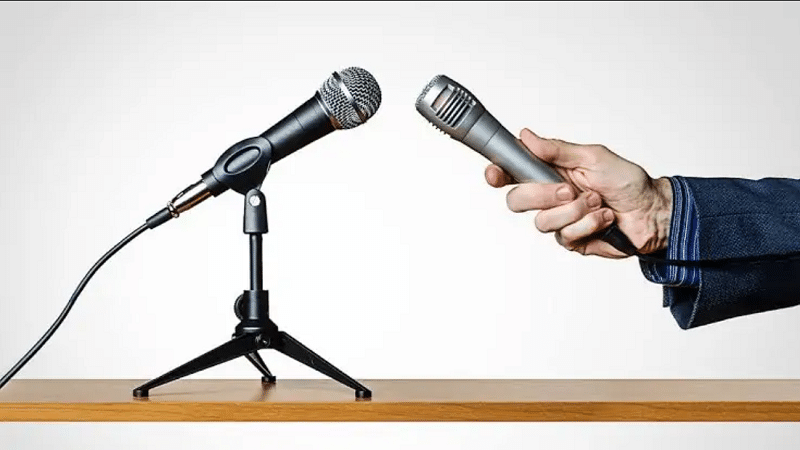Three Ways to Include Difficult Questions in a Media Interview
Even in 2023, some media professionals would be reluctant to ask awkward but important questions during a media interview out of concern for probable severe public scrutiny or word misunderstanding. The core of journalism and media is rooted in pushing limits and presenting important issues, even if they spark controversy. However, taking such a cautious posture is unlikely to produce great results.
Media training in Toronto can help one improve their interviewing techniques and integrate challenging topics during a media interview. But what specific actions might be performed to ask and answer difficult questions in a media interaction? Explore now!
Here are three simple methods for posing challenging questions in a media interview:
1. Research your interviewee and the topic at length
Investigate the interview’s topic in depth and thoroughly sift through the background information about the interviewees before any media appearance. Prior to studying the interview subjects, begin your research with a concentration on the interview issue. Look over their online presence to see where and on what topics they have been cited. This proactive study helps to ascertain whether the interviewee is a good match for the subject at hand.
Establishing a rapport with the interviewee before posing challenging questions during a media contact is a wise strategy. How is this possible to accomplish? Analyze the interviewee’s social media profiles to find suitable conversation starters for the beginning of the media encounter. Enrolling in an online corporate media training course can be helpful if you need further assistance.
2. Consider the format of the interview
In-person interviews can seem ideal in theory, but sometimes circumstances and reality demand otherwise. As a result, it is wise to be adaptable and take into account a variety of interview formats, such as phone interviews, email interviews, and video interviews.
It is essential to provide a setting that is suitable to answering difficult and demanding questions in order to pose them effectively. Therefore, especially in situations like phone interviews, quickly build a connection with the interviewee and gauge their degree of comfort. If they feel uncomfortable, think about providing an alternative format. In addition to ensuring the interviewee’s comfort, this attentive technique also increases their openness to difficult questions and inquiries.
3. Carefully Craft Your Questions
The objective when going into an interview is not to mechanically recite a set of questions. Instead, create a list of imperative inquiries that must be asked in order to ensure thorough coverage of the subject during the media interview. Corporate media training can be extremely helpful in learning how to transform challenging inquiries into more conversational ones.
At the same time, it’s crucial to keep communication flowing naturally. Accept the spontaneity of the moment and let the conversation and the interviewee’s reactions take center stage. Because of this, media training in Toronto places a strong emphasis on accepting spontaneous questions and answers and taking use of the natural flow of dialogue.
These are some key tips for adding difficult questions during a media interview, to sum up.












